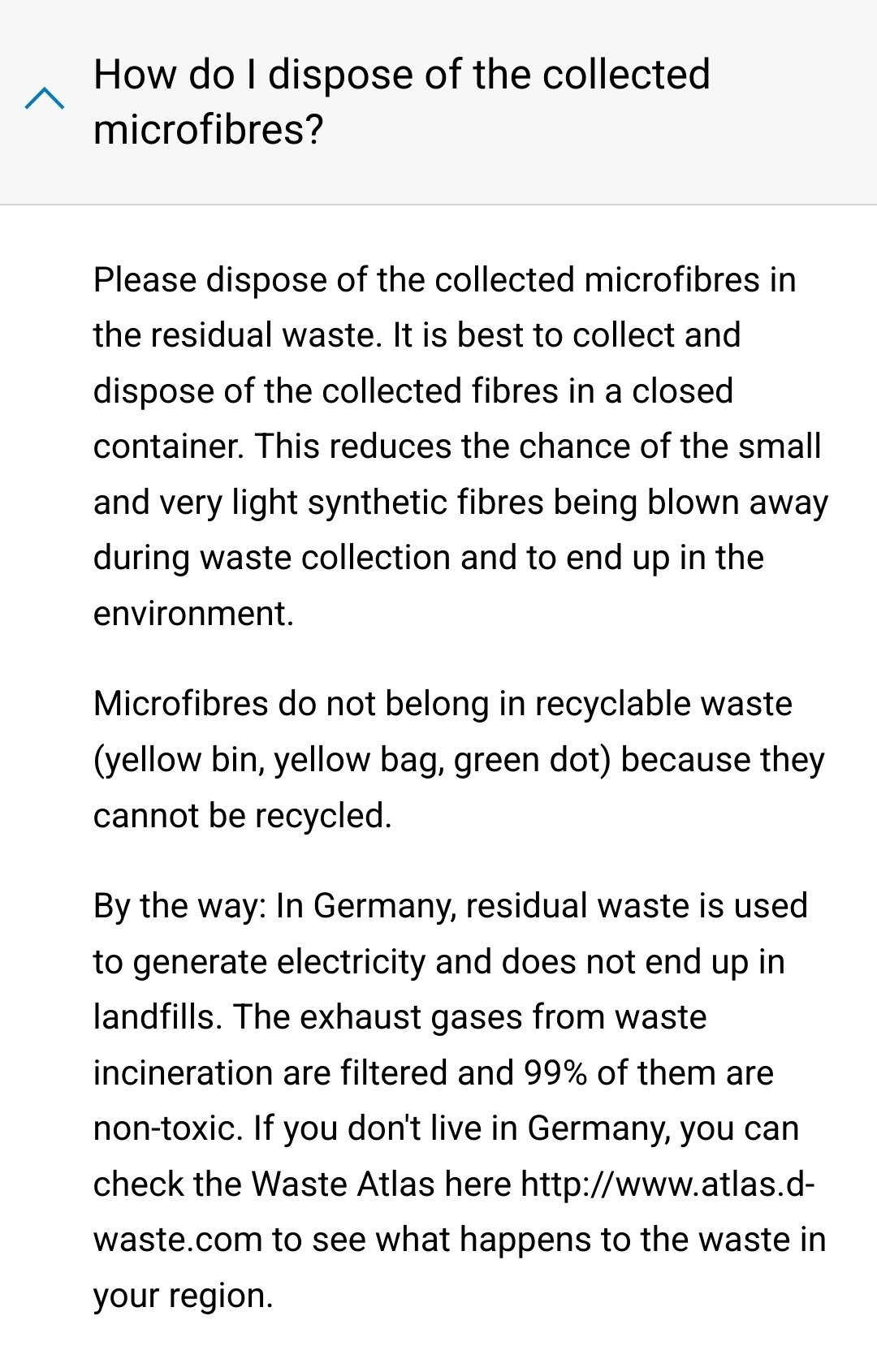Summary
A new study from Spain’s Autonomous University of Barcelona reveals that tea bags made from nylon, polypropylene, and cellulose release billions of micro- and nanoplastic particles when steeped in boiling water.
These particles, which can enter human intestinal cells, may pose health risks, potentially affecting the digestive, respiratory, endocrine, and immune systems.
Researchers urge regulatory action to mitigate plastic contamination in food packaging.
Consumers are advised to use loose-leaf tea with stainless steel infusers or biodegradable tea bags to minimize exposure.
What isn’t releasing billions of microplastic particles? We’re fucked.
When someone is getting laid and he drops a load in her, he’s probably injecting microplastics.
Just a thought for next time you are in bed with someone.
And if you don’t- the condom? Also releasing microplastics. That glass of water you have afterwards because you’re all hot and sweaty and thirsty? Also full of microplastics.
As long as you’re using latex/nitrile condoms you should be good as latex and nitrile aren’t plastics. Some of the alternatives for people with latex allergies can have plastic in them though.
Good to know, thanks for sharing that article!
Smell that sheepskin condom?
You just inhaled plastics.
Bro, I prescreen each injection for microplastics before sowing the oats. It’s just common courtesy. Don’t ask me about my reload process, if you have to ask you can’t afford it.
Is this the one where you take a turkey baster and insert it?
Totally slightly different method.
remember, microplastics are formed in the balls
I wonder if I am. Do I have enough in me that I’m emitting them?
This warning only applies to the pyramid tea bags and not the paper sachet.

It did list cellulose bags as one source, however I don’t quite understand how. Additive to strengthen the material?
Plastic coating to make the bag more resistant to heat.
Cellulose isn’t plastic though, it’s the sugar that makes up plant cell walls, like wood. Cotton fibers are 90% cellulose https://en.wikipedia.org/wiki/Cellulose
I’m confused why they included cellulose without clarifying that it’s not a petrochemical, unless cellulose micro and nano particles are also an issue now. Maybe I should read the original study…
They close the bags with a dot of plastic based glue so it doesn’t open
What I meant to say is that the cellulose is coated with plastic. I learned this from another post in the same thread.
Phew! Thought I was giga fucked there for a minute
How many micro plastics are released when I cry?
Has anyone checked how much particles I produce when I wash my fleece jacket.
Get yourself a Guppy friend 🙂
Certainly not an expert in the field here, but I’m not sure there’s much environmental benefit from laundry bags of that sort, given the collected microplastics optimistically end up - Germany excluded - collated in your local landfill.
Guppyfriend even recommends sealing them in a container for disposal to ensure they don’t blow around during waste collection and transport. This assumes of course that you can successfully transfer microplastic fibres from a large bag into a small container without spillage, but that’s a matter separate from my conjecture.
While I don’t think any particular company that makes similar bags is purposefully guilty of this, the marketing strategy used to promote these as environmentally responsible products just smells like greenwashing to me.
The ones I’ve had are also made of synthetic materials, and so eventually break down and begin releasing their own fibres.
Frankly, the true environmental benefit I see is something I’ve never seen advertised: I can wash groups clothes I want kept from intermingling in the same load and therefore run the machine half as often.
I’m in Denmark, where we burn our non-recyclabes, so I knowit won’t end up in a landfill. Let’s burn them planet instead, lol.
How did I read the whole page and still have no idea what the fuck it is? It’s a laundry bag (?) that stops microplastics… And for all I know when I have sex with it, I supercharge it’s nano particles to hunt plastics in the atmosphere with tiny lasers or something?
The whole site is a vacuous infomercial as far as I can tell.
And after your wash, take it out, like lint in a dryer. Been using it for 3 years myself, and came to market in 2015. It works.
Also, they DON’T state that it won’t supercharge it’s nanoparticles to hunt plastics in the atmosphere with tiny lasers if you have sex with it, so why not try?
I’m in!
No it’s not, because I use a stainless steel capsule and loose leaf tea, which is superior in every way (even if microplastics weren’t an issue).
If you don’t make your tea like this, do yourself a favor and upgrade to some quality loose leaf!
Edit: lol, I love that this is getting downvotes. Are there disposable teabag enthusiasts out there?
OMG. That’s a good way to start the new year. Now my daily tea is going to be filled with guilt and worry.
Just buy paper tea bags or loose leaf tea. The article is talking about those stupid nylon “pyramid” tea bags.
A lot of the paper bags are coated in plastic. So loose is your best option.
Cool, now do coffee pods.
Looks like the risk comes from boiling tea bags made of these materials. Cold steep chads keep winning
You’re a monster. I just wanted you to know that.
These “materials” included cellulose, which is just plant fiber.
Are we really going to start calling plant fibers “bioplastics” now in an effort to scare people?
Polymerized cellulose is by definition a biobased polymer, this isn’t anything new. The study doesn’t make any claims that polymerized cellulose is harmful. Calling them “plant fibers” is incorrect as they aren’t derived directly from a plant, like say, cotton. These are manufactured using cellulose.
Stand down brother, you’re up against a cold steep chad
Cold steeping tea is exactly why we can’t have nice things.
deleted by creator
We’ll shit, I’ve been drinking a lot of tea…spose it’s time to get out the Titanic tea steeper i got from White Elephant.
deleted by creator
C O O L
O
O
L
One thing to note with all these articles; so far, there are no major comprehensive studies that definitively show microplastics are a danger to the body, or show what levels are considered acceptable or not.
Considering the entire world population hasn’t just collectively died in the last 50 years, I’m leaning towards the effects of microplastics being negligible, or at least a hell of a lot less dangerous than other established risks like processed meat or direct sunlight.
there are no major comprehensive studies that definitively show microplastics are a danger to the body
I’m not sure what your criteria for “major comprehensive study” is, but there are countless studies linking microplastics to all sorts of things. Most arterial plaques are full of microplastics. The massive drop of male fertility rates (50% globally) has been linked to microplastics. Microplastics have been demonstrated to interfere at the cellular level by mimicking hormones.
The specifics of everything that they’re doing to us is still unknown. But we know many bad things microplastics definitely are doing.
We’re WELL past “are microplastics bad?”. We’re at the point of figuring out how badly screwed we are.
Meanwhile cancer rates are sky rocketing and we don’t know why.
Perhaps leaning on the conservative side is smarter than going balls out on plastic because we are too ignorant to know the actual effects.
If we find that all the plastic pollution is what’s causing so much cancer then there’s nothing we can do about it because it’s already too late with how prevalent plastic pollution already is.
Pretty much every case of damage due to pollution is caused by ignorance and I don’t see this situation being any different.
Stroke rate increasing as well.











